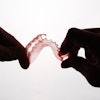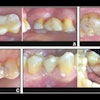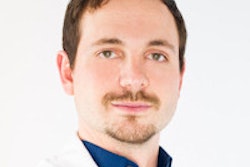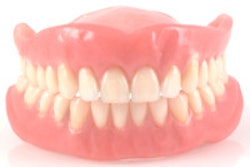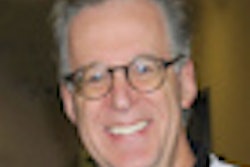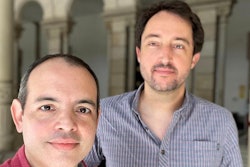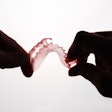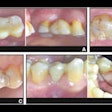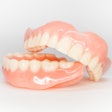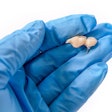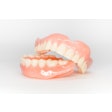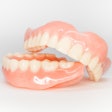
SAN FRANCISCO - Is it possible to fabricate a full set of dentures in one hour, without the need for multiple visits or lab fees?
Yes, according to Lawrence Wallace, DDS, an oral and maxillofacial surgeon who has developed the Larell One Step Denture system.
The need for affordable dental care for the edentulous is on the rise, Dr. Wallace emphasized in a presentation September 22 at the California Dental Association (CDA) fall session. There are currently 37 million edentulous people in the U.S., and only 10% of them have insurance coverage, he noted. As a result, being able to afford dentures or dentures with implants is often out of the question.
“The current economy is making it difficult for thousands of edentulous to obtain dentures.”
— Lawrence Wallace, DDS
"The number of people able to afford dental care as it should be given is getting smaller," he said. "The current economy is making it difficult for thousands of edentulous to obtain dentures."
Dr. Wallace, who practiced in Chicago for 25 years before back problems forced him to retire, said this is what prompted him to develop the Larell system.
"In my 25 years as an oral surgeon, I saw firsthand the devastating effects of edentulism --financially, emotionally, and physically," he said.
How it works
Dentists need an alternative to the established method of pricey dentures made in multiple visits, Dr. Wallace noted, adding that "dentures have been made the same way for over 100 years."
The Larell system offers just such an alternative, he said. It features a set of customizable thermoplastic templates (upper and lower) in various sizes made from ADA- and FDA-approved materials.
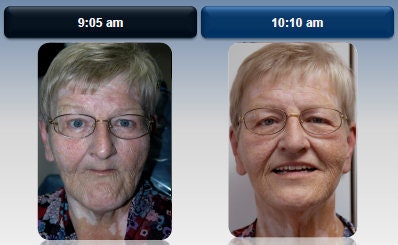 |
| Larell One Step Dentures can be fabricated in about an hour and retail for $1,200. Images courtesy of Lawrence Wallace, DDS. |
The practitioner first makes a quick-set stone model of the jaws, then selects the preformed acrylic template with the closest fit based on the size of the patient's alveolar edentulous ridge. After heating the template in boiling water for 30 seconds, the practitioner can mold it to the palate, adjust as needed, then reline as for any denture. The process is repeated for the lower.
To adjust for occlusion, the practitioner checks the vertical dimension with the patient in a standing, relaxed position. The final vertical should be the standard 2 mm less than the initial measurement, according to Dr. Wallace.
"A basic understanding of occlusion is all you need," he said.
Helping hundreds at free clinics
What started out as a commercial venture has also become a philanthropic effort, Dr. Wallace said. In the past year, the company has participated in a number of Mission of Mercy (MOM) and Remote Area Medical (RAM) free clinics, providing free dentures to hundreds of edentulous individuals, each in a two-day clinic with two or three dentists:
- Oneida, TN, RAM clinic, January 2011 -- 31 dentures
- Gloucester, VA, MOM clinic, February 2011 -- 38 dentures
- Roanoke, VA, MOM clinic, April 2011 -- 48 dentures
- Wise, VA, MOM clinic, July 2011 -- 100 dentures
- Virginia Department of Public Health, August 2011 -- 92 dentures
"These clinics provide much needed care and extractions," Dr. Wallace said. "But few of them can offer dentures because it is logistically difficult to fabricate full dentures in a two-day clinic."
The Larell dentures can also play a role in other challenging venues, such as nursing homes, assisted living residences, mobile dental clinics, rural towns with no regular dentist, Veterans Affairs clinics, and safety net clinics.
But one-hour dentures can also boost business in a private practice by attracting patients you might not otherwise have seen and generating $1,200 per denture set (suggested retail price), Dr. Wallace emphasized. Producing one set of dentures per week would generate more than $62,000 in additional gross income annually for only an additional hour of work per week.
"With this denture system, you can increase your patient base and income substantially," Dr. Wallace said. "The results are predictable, aesthetic, functional, and a strong practice builder."
The dentures also address a larger issue in dentistry, he added.
"If dentists don't figure out ways to provide needed care that is also affordable, someone else -- like the government -- will step in and do it," he said. "We need to maintain control of dentistry by providing cost-effective solutions and provide care for all those who need it."
|

